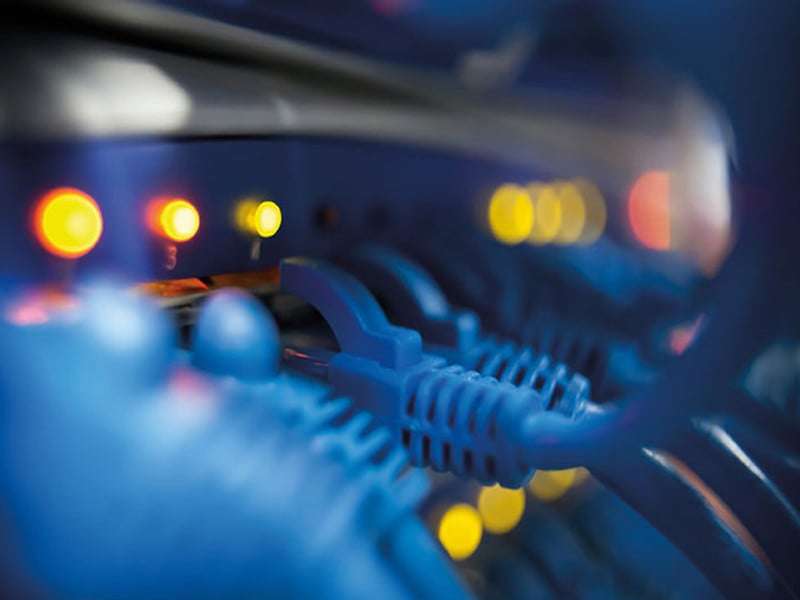Introduction
In a groundbreaking initiative aimed at promoting sustainable transportation and rewarding academic excellence, the federal government of Pakistan has announced the distribution of free electric bikes (E-bikes) to high-performing students. This move is part of the government’s broader strategy to embrace electric vehicle (EV) technology, reduce environmental pollution, and encourage a greener future. By introducing this scheme, the government not only supports students but also contributes to the country’s long-term goal of eco-friendly transportation solutions.
Details of the E-Bike Distribution Scheme
Free E-Bikes for Top Students
On December 2024, during a meeting chaired by the Federal Minister for Industries and Production, Rana Tanveer Hussain, the government confirmed that 120 top-performing students from the federal board would receive free electric bikes. The primary goal of this initiative is to recognize academic achievement while providing an environmentally friendly transportation alternative to young, talented students. The initiative is expected to enhance the accessibility of sustainable transport for those who excel academically.
This generous gesture is not only a reward for academic excellence but also aims to instill eco-conscious values in the younger generation, ensuring they grow up with a greater awareness of environmental sustainability. By offering electric bikes to students, the government hopes to inspire a new generation of individuals who are committed to reducing their carbon footprint.
Installation of Electric Charging Stations
As part of its ambitious electric vehicle policy, the federal government has directed the Capital Development Authority (CDA) to expedite the installation of electric charging stations at all petrol stations in Islamabad. This move is designed to support the adoption of electric vehicles, making it easier for electric bike owners to charge their vehicles and use them with greater convenience.
The government’s push for electric charging stations is in line with its vision to turn Islamabad into a model green city, showcasing Pakistan’s commitment to sustainable development. The installation of these charging stations will not only support the E-bike initiative but also lay the foundation for broader adoption of electric vehicles (EVs) across the country.
Expansion of the E-Bike Initiative
In addition to the free distribution of E-bikes to top students, the government has unveiled plans to offer 39,000 electric bikes and 1,900 electric rickshaws on concessional loans to the general public. This initiative aims to provide access to EVs for those who may not be able to afford them outright. The concessional loan scheme is expected to reduce the financial burden on individuals while encouraging the adoption of electric vehicles on a larger scale.
Digitalization of Distribution and Loan Process
During the same meeting, Minister Rana Tanveer Hussain emphasized the importance of digitalizing the distribution and loan processes. This digital transition aims to ensure greater transparency and fairness, allowing more students and citizens to benefit from the government’s electric vehicle initiatives. By adopting digital methods, the government seeks to eliminate inefficiencies and ensure that the process is smooth and accessible to everyone.
These steps align with Prime Minister Shehbaz Sharif’s vision of transforming Islamabad into a model green city, a vision that includes increasing the use of electric vehicles and reducing reliance on traditional fossil fuel-based transportation.
Punjab Government’s Contribution to the E-Bike Initiative
The Punjab government has also shown strong support for this initiative by increasing the allocation of E-bikes under the Chief Minister Youth Initiative. Originally, the allocation was set at 20,000 bikes, but this has been raised to 27,200 bikes to meet growing demand. This increase demonstrates the provincial government’s commitment to promoting sustainable transportation and ensuring that more students, especially those in rural areas, have access to eco-friendly vehicles.
In addition to the expanded allocation, the Punjab government has announced that free bikes will be provided to orphaned students. This initiative is in line with the government’s commitment to social welfare and inclusivity, ensuring that no student is left behind regardless of their background.
Female Students and Inclusivity
The Punjab government’s E-bike distribution plan also emphasizes gender inclusivity. Female students who applied for the bikes will receive their two-wheelers as well. This policy ensures that young women have equal opportunities to benefit from the E-bike initiative, empowering them with a reliable, sustainable means of transportation.
Loan Schemes for Students
The Bank of Punjab has approved loans for 20,000 students to help them purchase bikes, including 7,500 loans that have already been delivered. Daily deliveries are ongoing, and the government has already distributed 5,000 petrol-powered bikes and 2,000 electric bikes to students. An additional 6,500 electric bikes are expected to be delivered in the coming days.
This loan scheme is particularly important for students who might not be able to afford the full cost of an E-bike upfront, providing them with affordable financing options to support their education and daily commute.
The Future of Electric Vehicles in Pakistan
Electric Vehicle Policy: A Vision for a Greener Future
Pakistan’s electric vehicle policy provides a structured framework for the adoption of electric vehicles across the country. As part of this initiative, the government has set ambitious targets for increasing the number of EVs on the road, both for personal use and for public transport. This is seen as a critical step toward reducing pollution, improving air quality, and promoting sustainable energy solutions.
Installing Charging Stations Along Major Roads
One of the key components of the government’s EV policy is the installation of 40 electric charging stations along motorways and national highways. This infrastructure will make it easier for electric vehicle owners to travel long distances without the fear of running out of charge. By improving the charging infrastructure, the government hopes to make electric vehicles more viable and accessible for the masses, ultimately driving the adoption of EVs across Pakistan.
Government Support for Electric Rickshaws and Other EVs
The federal government’s focus is not limited to E-bikes. In addition to offering electric bikes, the government is also encouraging the adoption of electric rickshaws by offering concessional loans for their purchase. This move is expected to benefit thousands of rickshaw drivers, helping them transition to cleaner, more efficient vehicles while reducing their operating costs.
Conclusion
The federal government’s initiative to provide free E-bikes to top students is a bold step toward promoting sustainable transportation and encouraging environmental awareness among the younger generation. By combining this effort with the expansion of electric vehicle infrastructure, including charging stations and concessional loan schemes, Pakistan is making significant strides toward a greener future.
As electric vehicles continue to gain popularity, the government’s role in supporting this transition through policy, infrastructure, and financial incentives will be crucial in creating a cleaner, more sustainable Pakistan.
Frequently Asked Questions (FAQs)
1. What is the purpose of the free E-bike distribution in Pakistan?
The free E-bike distribution aims to reward academic excellence and promote the use of eco-friendly transportation among students.
2. Who is eligible to receive free E-bikes?
Top-performing students from the federal board are eligible to receive the free E-bikes.
3. How many E-bikes will be distributed in total?
The government plans to distribute 120 free E-bikes to students and also provide 39,000 E-bikes and 1,900 electric rickshaws on concessional loans.
4. What steps are being taken to support electric vehicles?
The government is installing electric charging stations at petrol stations and along major highways and promoting the use of electric bikes and rickshaws.
5. Are there any special provisions for female students?
Yes, female students who applied for the E-bikes will also receive their bikes, ensuring gender inclusivity.
ALSO READ
https://flarenews.pk/2024/12/15/rs200-prize-bond-draw-date-for-december-2024/



